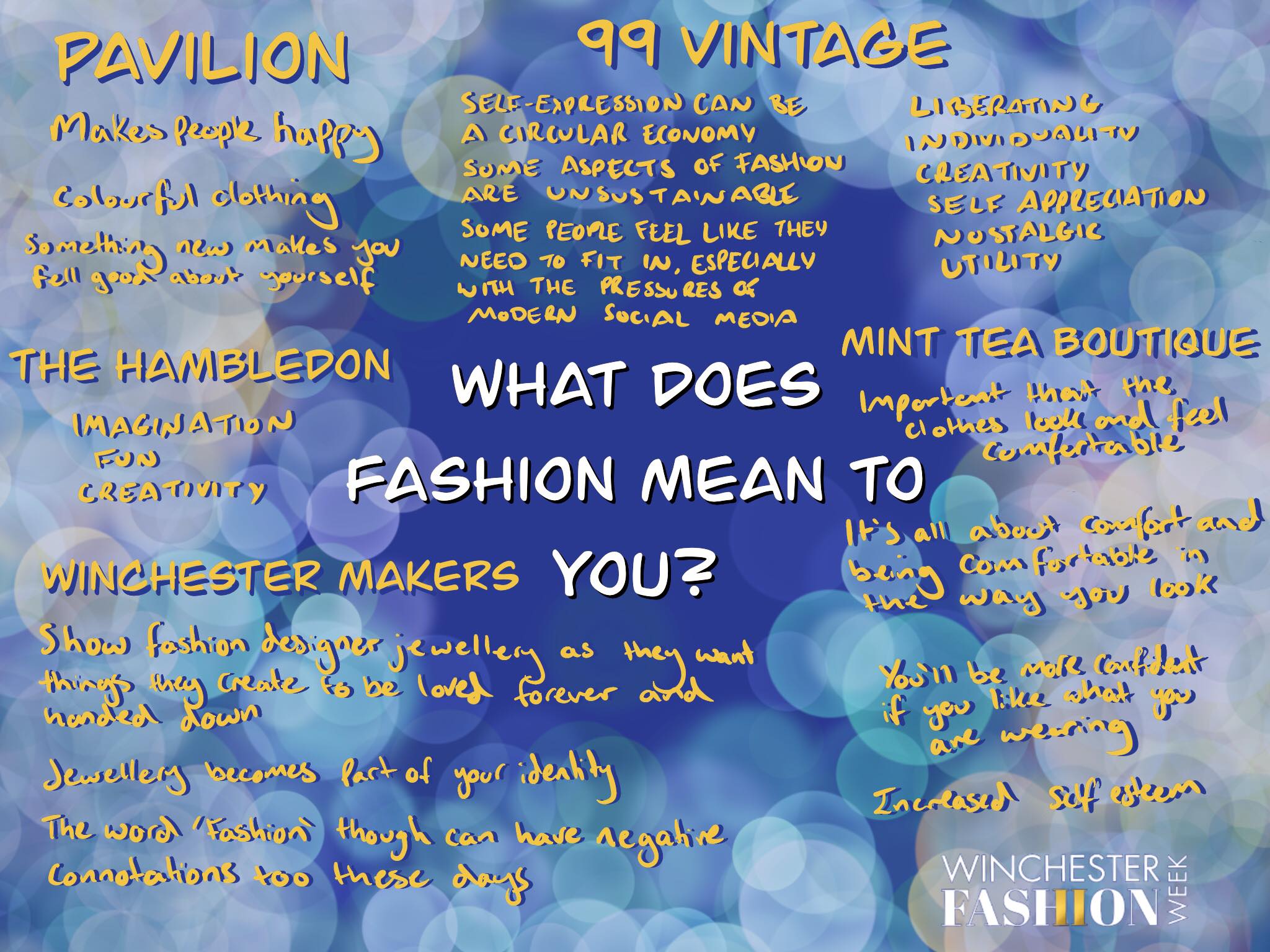The Show Must Go on
How London Fashion Week’s Runway’s Strutted into the Virtual World
Written by Tia Giles
Nothing, not even a global pandemic, can stop the powerhouse fashion show of the year from happening in one way or another. Organised by the British Fashion Council (BFC), London Fashion Week made its first showcase appearance back in October 1983. Now one of the ‘Big Four’ fashion weeks, London runs alongside Milan, Paris and New York. Despite not being able to happen physically this year as a result of COVID-19, London Fashion Week continued to entertain fashion enthusiasts and designers across the nation and worldwide virtually – with split schedules, livestreams and pre-recorded runways.
At the height of lockdown, back in June 2020, with coronavirus cases on the rise, the BFC made the decision to digitise the much-loved event, whilst also making it available to the wider public, rather than sticking to the usual ‘invitation only’ basis. With the fashion industry being the UK’s largest creative industry (worth £26 billion), according to the chief executive of The British Foundation Council, Caroline Rush, “cancelling London Fashion Week was never an option. The big question was around what sort of format it would take in lockdown”. The answer to this ‘big question’ was a new innovative digital platform housing podcasts, presentations, conversations and livestreams of catwalk runways showcasing a variety of brands. In addition to this, the BFC also included video diaries and interviews from designers, with the hope of inspiring many fashion-hungry attendees. Caroline Rush reminded designers that moving the event online is ‘about keeping fashion week going culturally at a time when it can’t take place physically’. Ms. Rush also added that a virtual platform allows designers to ‘tell a story and build their brand…in whatever way they choose’. Although the change was welcomed by many, there was a concern as to whether designers would be able to produce new fashion lines under the COVID restrictions and despite Burberry and Victoria Beckham being two of many brands to make an appearance, the majority opted to wait until September to showcase their new designs.
The virtual movement brought with it a new hashtag (#LFWreset), which is very appropriate for 2020 – a year that has demanded change and has made people adapt to a new way of living. London Fashion Week, despite being in its virtual format this year, was incredibly successful – with the digital platform attracting millions of viewers, largely exceeding the number of people that traditionally attend the event in person. But is this virtual success an indication that perhaps the traditional runway model is no longer necessary? It is a question that is undergoing debate, as we live in a society that is becoming more digitally inclined. London Fashion Week’s ‘Bobby Abley’ runway back in 2018. Has LFW’s new leap into the virtual world caused physical audiences and runway models to become ‘out of fashion’?

London Fashion Week’s ‘Bobby Abley’ runway back in 2018. Has LFW’s new leap into the virtual world caused physical audiences and runway models to become ‘out of fashion’?



